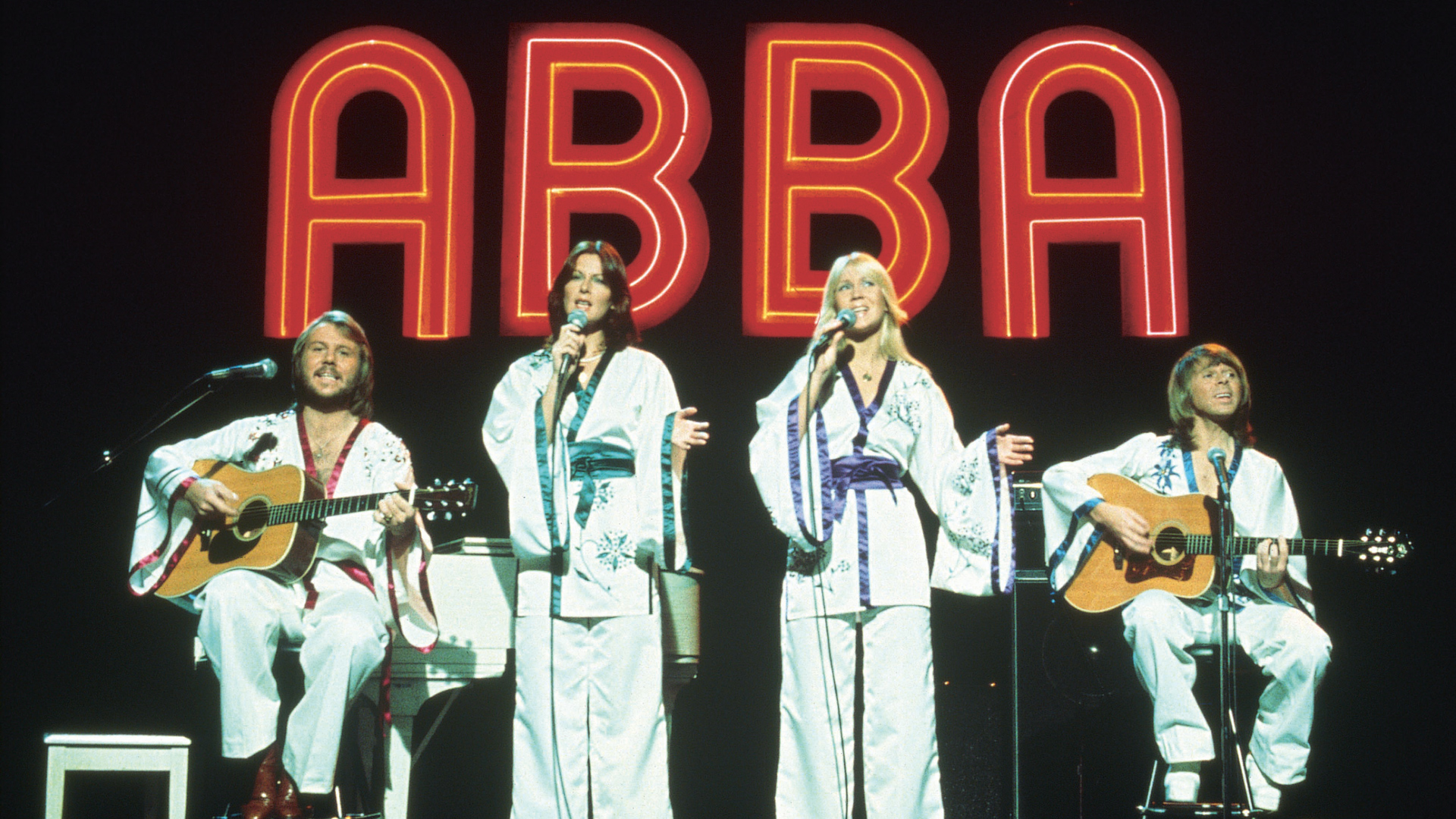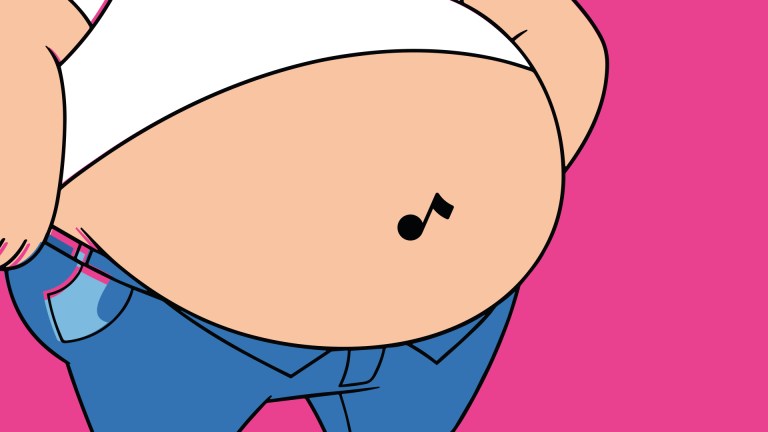Now the dust has settled on the epic news that ABBA have reformed, consider this: it was The Big Issue wot done it. Benny Andersson was interviewed in the magazine just last year. Agnetha Fältskog spoke to us for a cover feature back in 2013. Björn Ulvaeus I briefly met on a cross-country ski track in Sweden in 2006 – he was wearing silver boots and grudgingly mumbled “hej” when he noticed that I was staring at him. It’s my most-told celebrity anecdote of all time. Admittedly we never got Anni-Frid, but then she was always a bit evasive.
It’s my firm, or at least firm-ish, belief that the validation, encouragement and all-round good vibes that three quarters of ABBA experienced in each of those encounters is what helped to convince them that, yes, it is time to put 500 million record sales, 35 years of not speaking to one another all that much and two divorces behind them and get back in the studio together (two new songs, one of them titled I Still Have Faith In You, will feature in a TV special produced by NBC and the BBC aimed for broadcast in December). That and – okay yes, fine, granted – the clamoring demands of pretty much anyone anywhere on God’s Green Earth with functioning ears that either wasn’t alive in the 1970s, can’t remember the 1970s, or has made their peace with the 1970s.
Not even the ignominy of being Alan Partridge’s favourite band has brought about ABBA’s surrender
With burnish of hindsight, music history categorically records that ABBA are and almost certainly always will be remembered as the greatest pure pop band that ever was. There’s no contest, really. But before anyone who was actually around in the era of the super Swedes’ dominance accuses me of gross revisionism – admittedly I was only five months old when ABBA’s last single Under Attack came out in December 1982 – let me acknowledge that it wasn’t always so. A lot of people hated ABBA, and some probably still do.
It seems hard to imagine now, but ABBA went out with a whimper, their final album The Visitors barely scraping a million sales. After almost a decade on top, they were physically and emotionally knackered. A cursory analysis of their UK chart record reveals an even simpler truth – people just got fed up with them. Of the roughly 460 weeks that expired between ABBA releasing Waterloo as a single off the back of their Eurovision Song Contest-winning arrival on the world stage in 1974, and Under Attack limping in at number 26, they spent almost half of that time – 211 weeks – with at least one single in the UK top 40, and 114 weeks with at least one single in the UK top 10. Those numbers are staggering. But thrown into sharp relief by the youthful freshness and exuberance of the New Romantics, by the early 1980s the Swedes had become a shorthand for all that was parental and past-it in pop. ABBA’s days of fashionability were chucked out with the platform shoe.









